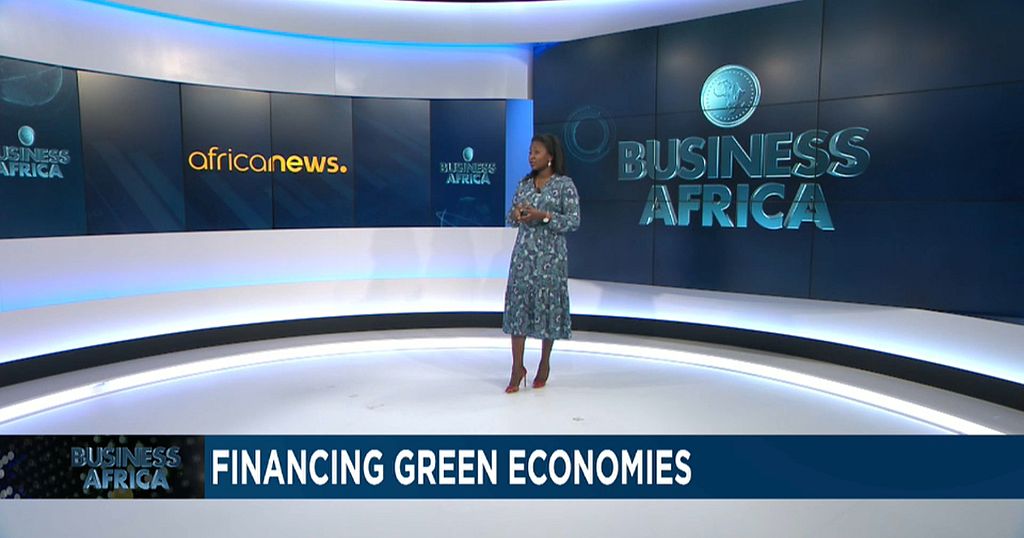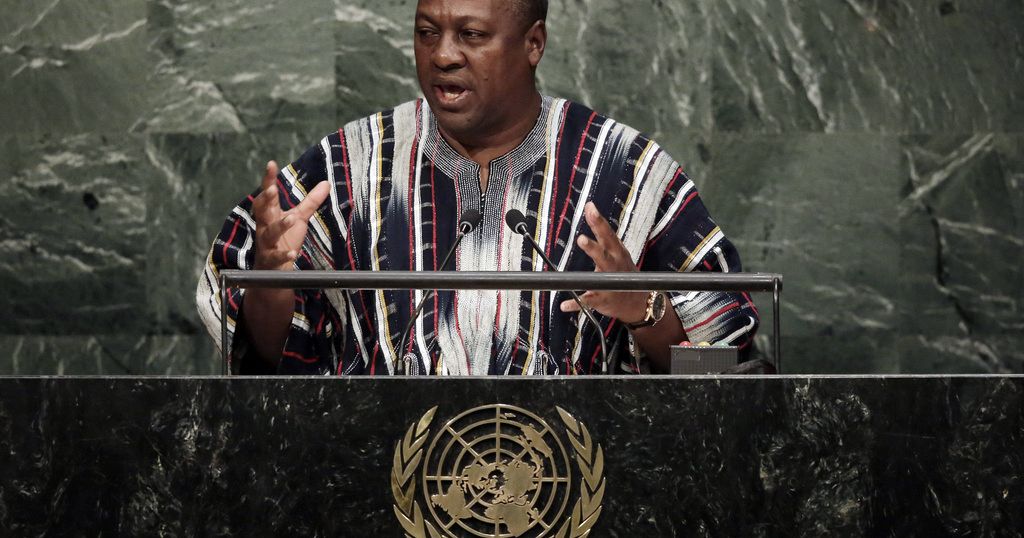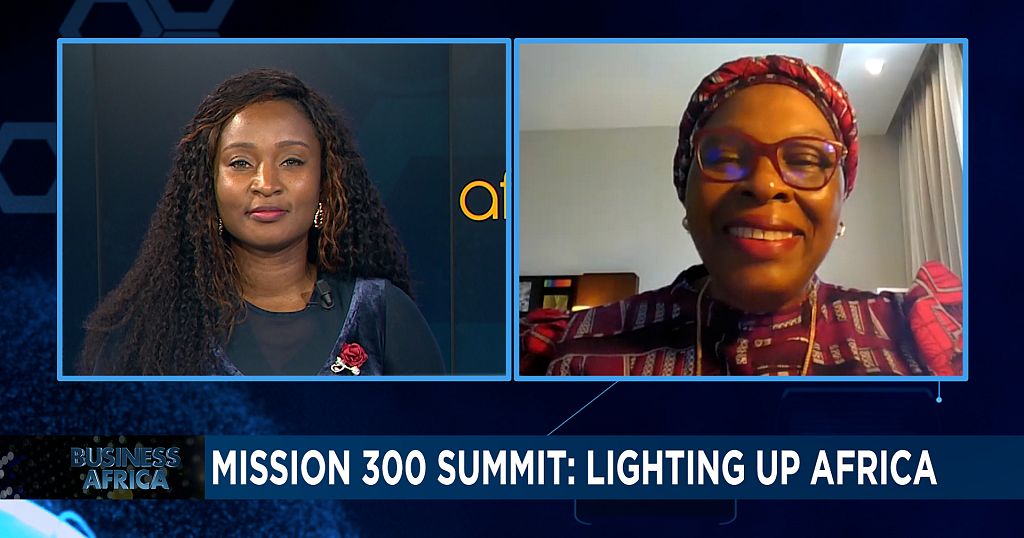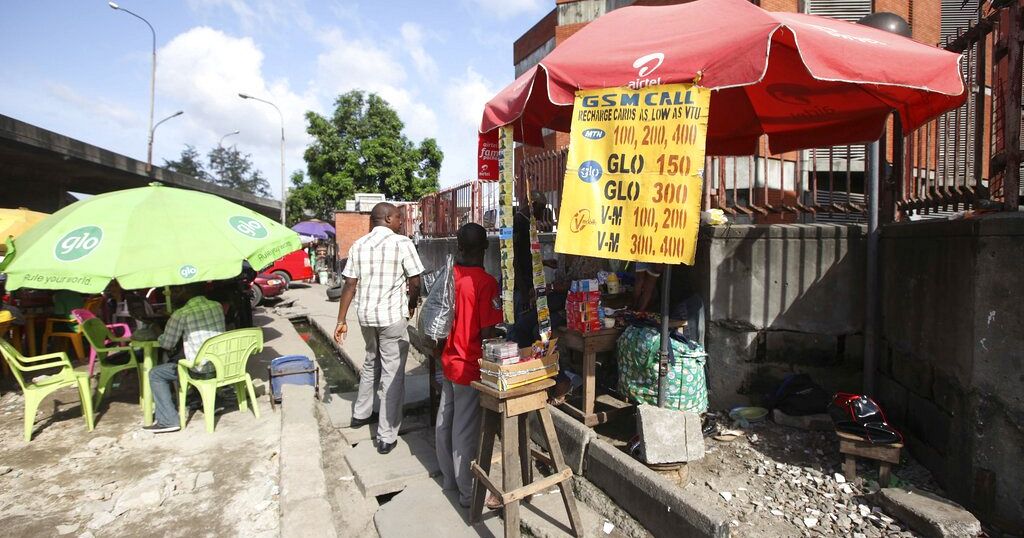The US should not impose onerous conditions on Sudan as a price for its re-entry into the international community but welcome back a country whose people are hungry for change, says David Thomas
Since last year’s revolutionary overthrow of Omar al-Bashir, Sudan’s brutal president of 30 years, the country has gradually attempted to move away from its troubled past under a civilian-military transitional government.
Following the heady days of the revolution, the aftermath of which was marked by significant civilian bloodletting by militias, the country has achieved some encouraging progress. The interim civilian-military government has achieved a degree of stability, and in September, agreed to formally separate religion and the state, marking the end of decades of repressive Islamist rule.
But one of the major sticking points preventing the country’s re-entry into the international community after decades of economic and political isolation remains its continued designation by the US as a “state sponsor of terrorism”, a label dating back to Sudan’s days as a haven for Al-Qaeda under al-Bashir, when it once played host to Osama Bin Laden. That designation, imposed in 1993, now prevents Sudan – already reeling from a plunging currency, the coronavirus and widespread flooding – from accessing $60bn in debt write-offs and desperately needed multilateral loans.
But as Sudan entered direct negotiations with the US government in September, it was reported that the US will tie the removal of the controversial status to demands for around $300m in compensation for victims of past Sudanese-sponsored terror and, more controversially, Sudan’s normalisation of relations with Israel.
While the US is within its rights to demand restitution for victims of terror, it should not make the conditions of repeal too onerous. Even as the UAE and Bahrain establish ties with Israel, normalisation of relations with Jerusalem remains highly controversial throughout the Middle East and North Africa given the continuing marginalisation of the Palestinians and the vanishing prospect of a two-state solution under prime minister Benjamin Netanyahu.
Moving on from a troubled past
Rather than tying progress to events in a third country, the US ought to welcome Sudan back into the fold with the minimum of conditions. Sudan is not the state backer of terrorism that it was, and its people are hungry for lasting economic and political change.
The revolution, although ultimately achieved by compromises with the military and political elites which long supported al-Bashir, was an inspiring moment for democrats on the continent and beyond. The Sudanese people ought not to be punished for the sins of the autocrat who oppressed them.
Much-needed financial relief could help to encourage further democratisation, paving the way for elections planned for 2022. Washington – usually so keen on promoting democracy around the world – should grasp this historic moment to bring Sudan in from the cold.
Read more about Sudan
Sudan receives critical support from international partners yet problems remain
Sudan walks tightrope between competing power bases
Sudan promises thriving private sector if revolution prevails






![The Okwelians: Unlocking New Economic Paths for Cameroon [Business Africa]](https://static.euronews.com/articles/stories/09/12/73/92/1024x538_cmsv2_85da6520-a13b-50c2-b20b-6172b1388b3a-9127392.jpg)

